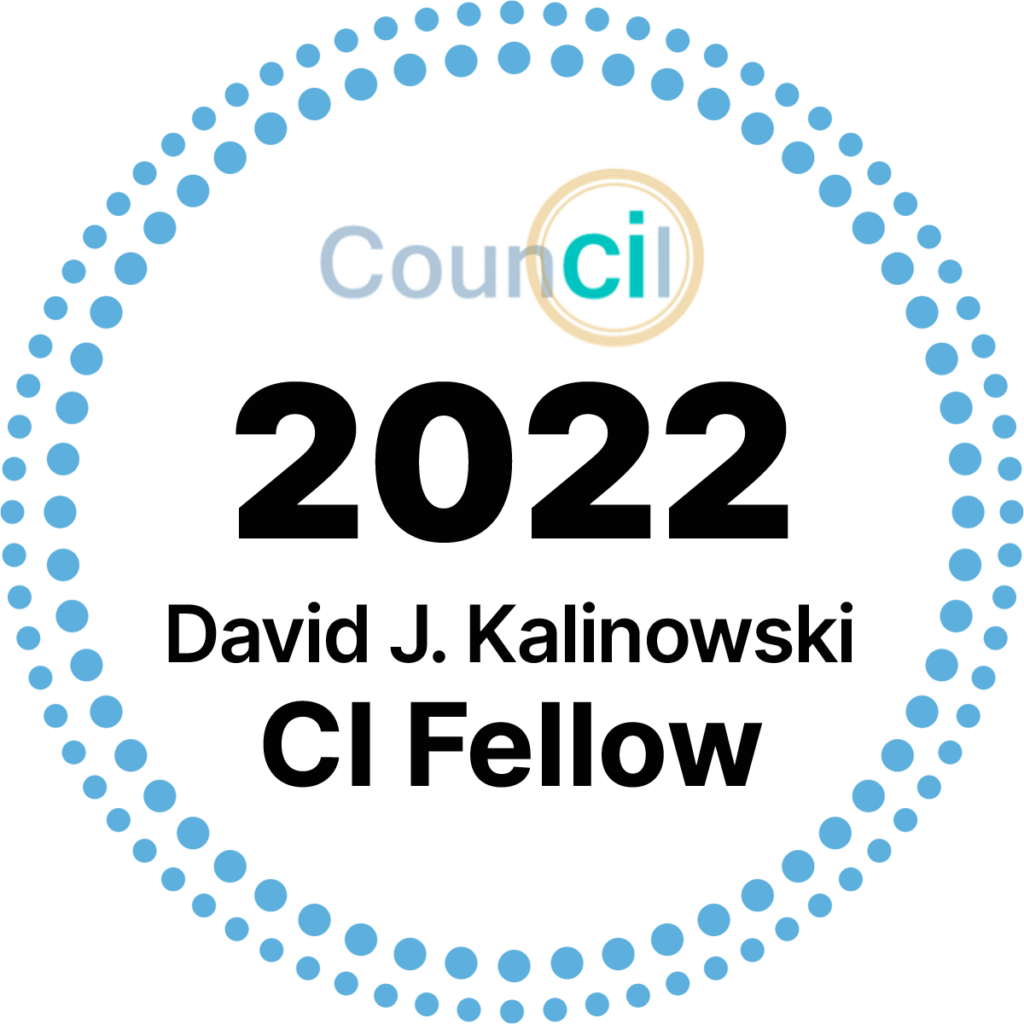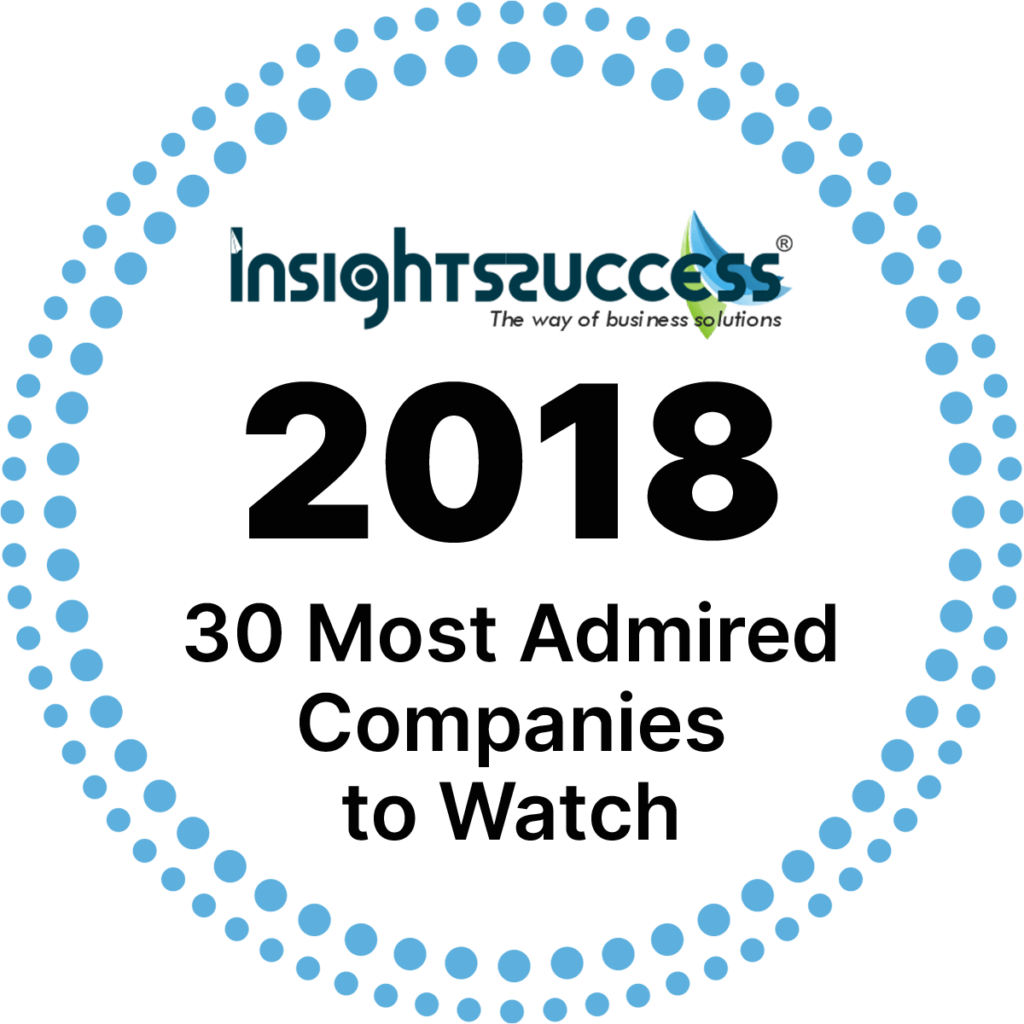
Jennifer Zeman
Chief Operating Officer
Proactive Worldwide, Inc.
Published: November 18, 2025

There’s a saying I’ve come to believe deeply: your customers feel market shifts before your analysts see them.
Voice of Customer (VoC) isn’t just about satisfaction — it’s about foresight. Customers often sense competitive moves, pricing shifts, and unmet needs long before the data shows it. When we listen carefully, they become our earliest warning system.
We worked with a B2B software client experiencing flat renewals despite strong usage metrics. In our interviews, customers began referencing a “new platform” they were curious about — one that offered more automation. It wasn’t even on the radar yet in market data or analyst reports, but that signal led us to dig deeper. Within three months, the competitor launched, and because our client had already mobilized around that insight, they were ready with counter-messaging, pilot enhancements, and targeted retention outreach.
That’s the power of VoC when it’s used as an early-warning tool, not a postmortem.
However, early warning doesn’t happen by chance. It comes from consistent, structured listening. The organizations that see these signals early are the ones that commit to continuous monitoring or staged, repeatable VoC programs conducted quarterly or semi-annually. That cadence creates a rhythm of learning — capturing shifts in sentiment, validating hypotheses, and spotting emerging risks before they escalate.
The most sophisticated companies treat VoC as a sensor network — not a feedback loop. They use it to detect faint signals, decode shifting expectations, and guide proactive strategy before competitors realize what’s changed.
Listening today lets you lead tomorrow. And in fast-moving markets, that’s the edge that keeps companies out in front.

















